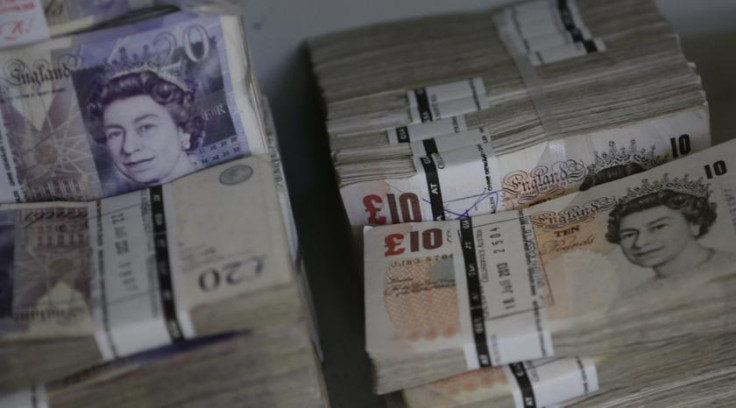Sterling Edges Higher as Two MPC Members Continue to Vote for Bank Rate Hike

The Pound rose after the Bank of England minutes release on Wednesday as it showed two members continued to favour a 25 basis points hike in the Bank Rate, despite increased downside pressures on UK inflation.
GBP/USD edged higher to 1.5620 after the MPC minutes from near 1.5590, which was a 14-month low.
Ian McCafferty and Martin Weale are the two MPC members who have been voting for a hike since the August meeting, though they are far less effective than the majority of seven who keep voting for holding the rate steady at 0.5%.
However, a section of the market was expecting a change in the voting pattern this month in favour of the majority's stance with the September inflation data that was released after the 6 October policy decision revealing further easing of inflationary pressures in UK.
Headline inflation in UK eased to 1.2% year-on-year in September from 1.5% in August, data on 14 October showed. The core measure dipped to 1.5% from 1.9% while analysts were expecting 1.8%. The BoE's target rate of inflation is 2%.
The BoE inflation report published on 12 November strengthened that view with the governor admitting downside risks to price pressures and the likelihood of him being forced to write a letter to the Chancellor about the status of inflation targeting.
Signals From the Minutes
The November meeting of the MPC too extensively debated price pressures in the UK and have come out with a balanced view. They expect downside risks to remain in the near term before edging back up to the 2% target by the end of the three-year horizon.
The MPC minutes showcased two risks highlighted by the members: "There was a risk that growth might soften further than anticipated and that inflation might persist below the target for longer than expected."
The second was that "the degree of spare capacity would be eliminated more quickly than assumed in the November Report's central projections, were Bank Rate to follow the path implied by market yields."
In the first case, a premature tightening in policy would leave the economy vulnerable to shocks, with the scope for any stimulus that subsequently became necessary being limited by the effective lower bound on interest rates.
And the second one would potentially result in inflation rising to, and subsequently overshooting, the 2% target.
© Copyright IBTimes 2025. All rights reserved.






















